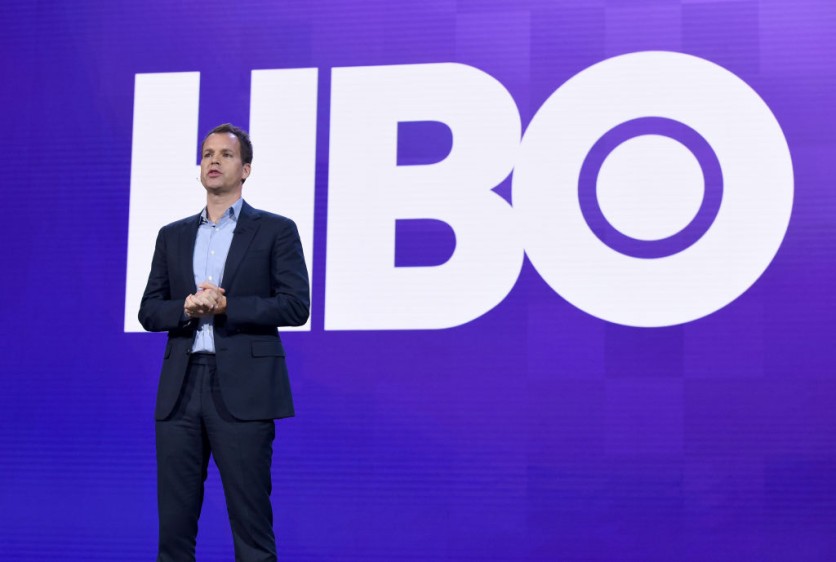HBO's Casey Bloys admitted to being part of a controversial plan to target and harass TV critics who wrote negative reviews of HBO series. This plan, known as the "secret army," aimed to counter critics on Twitter who had given unfavorable reviews to shows like the Perry Mason reboot and The Nevers.

Admitting the Controversy
At the presentation showcasing HBO's future projects, CEO and Chairman Casey Bloys faced an opportunity to deny allegations about his role in a controversial plan. The Verge reported that this plan involved targeting and harassing critics who had penned unfavorable reviews of the network's series during the early stages of the pandemic.
However, Bloys chose a different path, opting to acknowledge the accusations related to his efforts to establish what has been referred to as a "secret army" of Twitter trolls. In a remarkable move, he extended an apology and emphasized his transformation, stating that he has moved past such behavior and has no intention of engaging in it today.
During his presentation today, Bloys essentially confessed to advocating for the harassment and characterized his scheme as an incredibly ill-conceived idea stemming from an excessive amount of time spent scrolling through Twitter. Bloys also stated that he have evolved over the past couple of years, and he now chooses to send direct messages to critics under his own identity.
How did it start?
On a recent Wednesday, Rolling Stone released an intriguing report that delves into the events between June 2020 and April 2021. During this period, Bloys and Kathleen McCaffrey were found to have engaged in conversations revolving around the creation of what they referred to as a "secret army."
The purpose of this clandestine group was to counteract several TV critics on Twitter who had been expressing negative opinions about shows such as the Perry Mason reboot and Joss Whedon's The Nevers. Text messages reveal that Bloys was displeased with tweets from Vulture TV critic Kathryn VanArendonk, which mildly criticized Perry Mason's reliance on flashbacks.
He also took issue with Rolling Stone's chief TV critic, Alan Sepinwall, for giving a 2.5-star review to The Nevers, a show criticized for its lack of narrative cohesion. However, despite their discussions, Bloys and McCaffrey ultimately chose not to proceed with their plan to target VanArendonk by using sock puppet Twitter accounts to send messages intended to make her feel bad.
However, when it came to critics like Alan Sepinwall, as well as others including James Poniewozik from The New York Times and anonymous individuals who had left negative comments on Deadline articles discussing HBO's cancellation of Vicky Jones' series Run, Bloys and McCaffrey felt the urge to respond.
These revelations emerged as part of a previously undisclosed wrongful termination lawsuit initiated in July by former executive assistant Sully Temori. Vanity Fair reported that Temori alleged that he was instructed by Bloys and McCaffrey to fabricate fake social media accounts for the purpose of harassing critics.
Despite releasing a statement on Wednesday declaring its determination to strongly contest Mr. Temori's claims, HBO did not refute the information regarding Bloys and McCaffrey explicitly instructing Temori, who was initially brought on as a temporary employee to generate fake social media profiles.

ⓒ 2025 TECHTIMES.com All rights reserved. Do not reproduce without permission.




